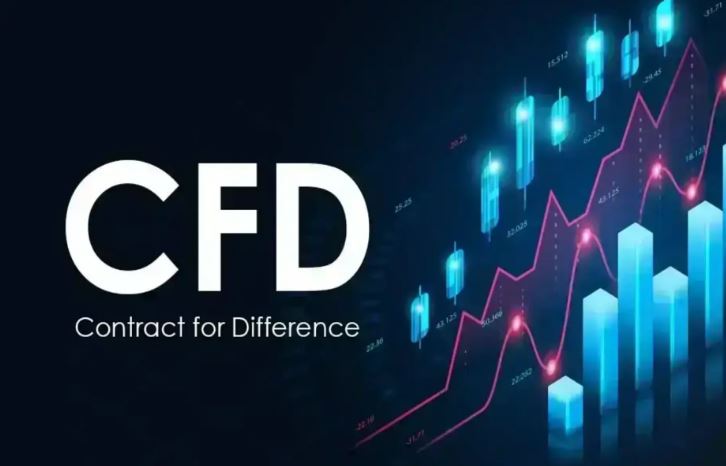What is a CFD?

CFDs (Contracts for Difference or contracts for difference) are highly speculative derivatives that are only suitable for extremely well-informed investors who are aware that the increased opportunities come with an increase in risk.
Even with the appropriate level of knowledge, investing in CFD products is always a highly speculative endeavor, as it is possible to open large trading positions with a small amount of capital. The substantial risks associated with this investment cannot be entirely avoided.
In addition to belonging to the category of leveraged products, the table demonstrates that CFDs can also result in significant price losses. However, losses are limited to the account’s available balance.
Since CFD trading is fundamentally based on the general functions, mechanisms, products, and markets of the securities industry, we advise you to study these in depth.
In addition, it is essential that you monitor the future influences on your investments and stay abreast of current events.
The difference between stock and CFD trading
Stocks are probably the best-known securities and represent the shareholder’s share of the company’s equity. In contrast, the purchaser of CFDs (Contracts for Difference) is merely the owner of a claim and not a company. As a so-called derivative, the price of CFDs is derived from an underlying asset, which is typically a stock but may also be another asset (e.g. indices or commodities). In contrast to the stock investor, the CFD investor is solely concerned with the price development of the financial instrument. CFDs are therefore included in the category of financial contracts for difference.
How Does CFDs work?
With CFDs, you have the opportunity to move more capital on the market for the same capital outlay than with a direct investment in the underlying asset. Moreover, CFDs allow you to participate in both rising and falling prices of underlying assets. The trading result (profit or loss) is determined by the difference between the CFD’s entry and exit prices.
Characteristics of CFDs
- Transparent product
- No loss of time
- No order fees (except for stock and futures CFDs)
- Participate in rising and falling prices
- No term limits (except for futures CFDs)
- Trade high volumes with little capital investment

